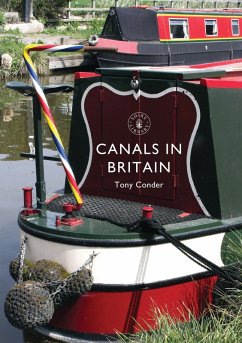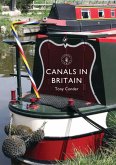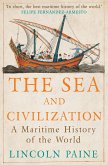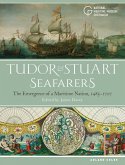In the early years of the Industrial Revolution, canals formed the arteries of Britain. Most waterways were local concerns, carrying cargoes over short distances and fitted into regional groups with their own boat types linked to the major river estuaries. This new history of Britain's canals starts with the first Roman waterways, moving on to their golden age in the eighteenth and early nineteenth centuries, and ends with the present day, describing the rise and fall of canal building and use in the UK. It tells the story of the narrow boats and barges borne by the canals, and the boatmen who navigated them as well as the wider tale of waterway development through the progress of civil engineering. Replete with beautiful photographs, this a complete guide to some of the most accessible and beautiful pieces of Britain's heritage.
Bitte wählen Sie Ihr Anliegen aus.
Rechnungen
Retourenschein anfordern
Bestellstatus
Storno









